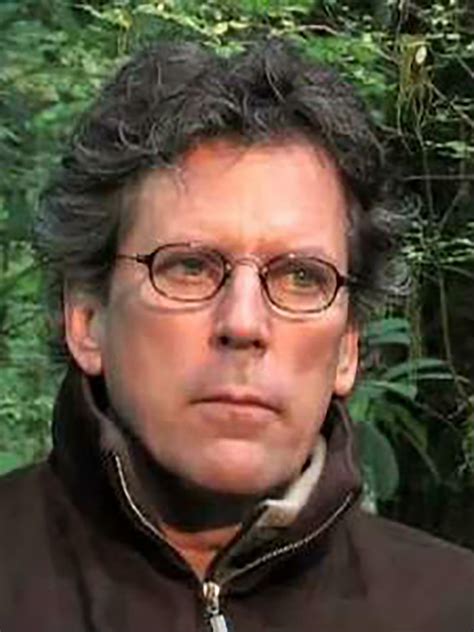A Quote by Alice Miller
The truth about childhood, as many of us have had to endure it, is inconceivable, scandalous, painful. Not uncommonly, it is monstrous. Invariably, it is repressed. To be confronted with this truth all at once and to try to integrate it into our consciousness, however ardently we may wish it, is clearly impossible.
Related Quotes
Therefore, philosophy does not give sense in mind happiness. It keeps in mind the only truth. However, it is very possible that the truth may be painful, may be distressing, may be destructive of happiness or makes it impossible. Religion, unlike philosophy, is under the category of the useful one. It promises happiness and says what it is necessary to do and what it is necessary to be to deserve or to obtain it. Consequently, illusion is more important than truth if it gets happiness.
The Bible is a wonderful book. It is the truth about the Truth. It is not the Truth. A sermon taken from the Bible can be a wonderful thing to hear. It is the truth about the truth about the truth. But it is not the truth. There have been many books written about the things contained in the Bible. I have written some myself. They can be quite wonderful to read. They are the truth about the truth about truth about the Truth. But they are NOT the Truth. Only Jesus Christ is the Truth. Sometimes the Truth can be drowned in a multitude of words.
Many of you have already found out, and others will find out in the course of their lives, that truth eludes us if we do not concentrate our attention totally on it's pursuit. But even while it eludes us, the illusion of knowing it still lingers and leads to many misunderstandings. Also, truth seldom is pleasant; it is almost invariably bitter.
Wonder is like grace, in that it's not a condition we grasp; it grasps us. Wonder is not an obligatory element in the search for truth. We can seek truth without wonder's assistance. But seek is all we'll do; there will be no finding. Unless wonder descends, unlocks us ... truth is unable to enter. Wonder may be the aura of truth, the halo of it. Or something even closer. Wonder may be the caress of truth, touching our very skin.
Love without truth is sentimentality; it supports and affirms us but keeps us in denial about our flaws. Truth without love is harshness; it gives us information but in such a way that we cannot really hear it. God's saving love in Christ, however, is marked by both radical truthfulness about who we are and yet also radical, unconditional commitment to us. The merciful commitment strengthens us to see the truth about ourselves and repent. The conviction and repentance moves us to cling to and rest in God's mercy and grace.
Through concentration we become one-pointed and through meditation we expand our consciousness into the Vast. But in contemplation we grow into the Vast itself. We have seen the Truth. We have felt the Truth. But the most important thing is to grow into the Truth and become totally one with the Truth. If we are concentrating on God, we may feel God right in front of us or besides us. When we are meditating, we are bound to feel Infinity, Eternity, Immortality within us. But when we are contemplating, we will see that we ourselves are Infinity, Eternity, Immortality.
It is natural for man to indulge in the illusions of hope. We are apt to shut our eyes against a painful truth, and listen to the song of that siren till she transforms us into beasts... For my part, whatever anguish of spirit it may cost, I am willing to know the whole truth, to know the worst, and to provide for it.





































